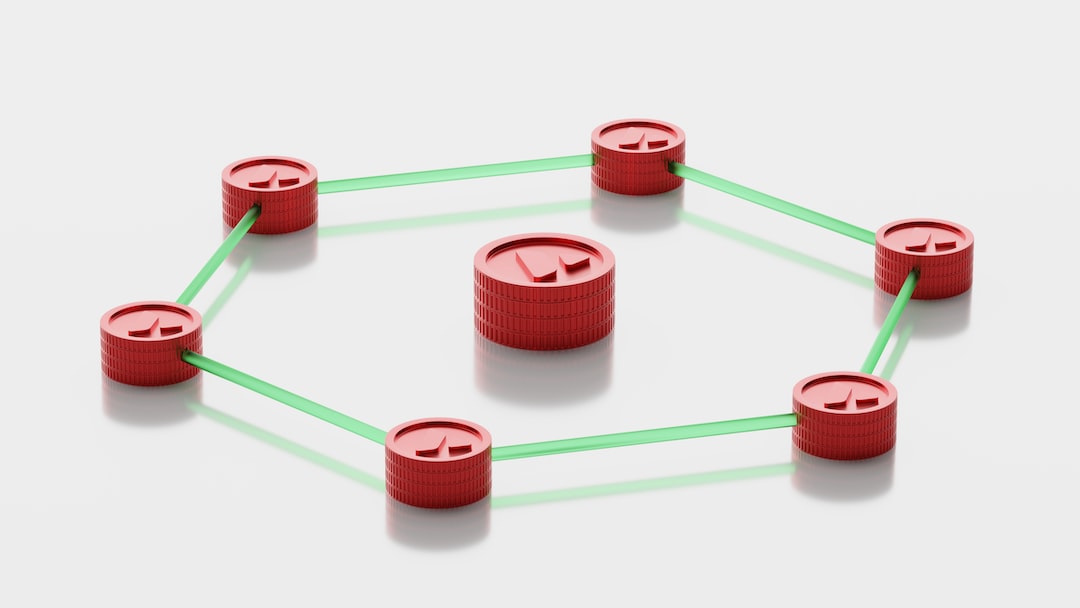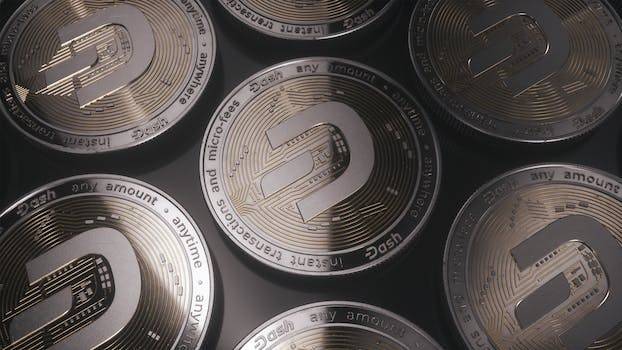Filecoin vs. Traditional Cloud Storage: A Comparative Analysis
When it comes to storing and accessing your digital files, traditional cloud storage solutions have been the go-to option for many years. However, with the rise of blockchain technology, decentralized storage networks like Filecoin have emerged as potential alternatives. In this article, we will compare Filecoin and traditional cloud storage, exploring the advantages and disadvantages of each in an unbiased manner. By the end, you will have a clearer understanding of which option might be the right fit for you.
Filecoin: A Decentralized Storage Solution
Filecoin is a decentralized storage network built on blockchain technology. It allows users to rent out their excess storage space and earn Filecoin (FIL) in return. This peer-to-peer network ensures that your files are not stored in a central location but are instead distributed across multiple nodes, making them highly resistant to censorship or data loss.
Traditional Cloud Storage: Centralized and Controlled
On the other hand, traditional cloud storage providers such as Google Drive or Dropbox rely on centralized servers to store your files. While they offer convenience and accessibility, your data is ultimately in the hands of a single company. This centralized approach makes them vulnerable to hacking, data breaches, and potential service disruptions.
Filecoin vs. Traditional Cloud Storage: The Pros and Cons
Pros of Filecoin
1. Increased Security: With Filecoin, your files are encrypted and then broken down into smaller pieces before being distributed across different nodes. This means that even if one node is compromised, the hacker would only have access to a fraction of your data, ensuring higher security.
2. Data Privacy: Since Filecoin operates on a blockchain, the files are stored anonymously without association to your identity. This protects your privacy and reduces the risk of your data being misused or sold to third parties.
3. Cost Efficiency: Filecoin offers competitive pricing as it leverages a decentralized network of storage providers. This not only ensures more affordable storage costs but also eliminates the need to pay for overpriced plans offered by centralized cloud storage providers.
Cons of Filecoin
1. Learning Curve: Filecoin operates on a blockchain, which may require a certain level of technical knowledge to fully utilize. This can be a hurdle for users who are not familiar with digital currencies or decentralized networks.
2. Network Speed: Since Filecoin relies on a decentralized network of storage providers, the speed of accessing and retrieving files might be slower compared to centralized cloud storage solutions, especially for popular or frequently accessed content.
3. Reliability: As Filecoin is still a relatively new technology, its reliability and long-term stability are yet to be fully proven. This uncertainty can make some users hesitant to migrate their files to this new storage option.
Pros of Traditional Cloud Storage
1. User-Friendly: Traditional cloud storage solutions are designed to be user-friendly, often providing intuitive interfaces and seamless integration with commonly used devices and software. This makes it easy for anyone, regardless of technical expertise, to quickly store and access their files.
2. Accessibility: Since traditional cloud storage providers have established infrastructure and widespread adoption, accessing your files from anywhere and anytime is usually effortless. This convenience is particularly useful for collaborative work or when using multiple devices.
3. Reliability: Established cloud storage providers have a proven track record of delivering stable services. They invest heavily in infrastructure and backups, ensuring high uptime and reliable access to your files.
Cons of Traditional Cloud Storage
1. Centralized Control: With traditional cloud storage, your files are stored in centralized servers, putting them at a higher risk of being hacked or subjected to data breaches. Additionally, since all your data is stored with a single provider, you are vulnerable to potential service disruptions or unavailability if the provider experiences technical issues.
2. Privacy Concerns: Traditional cloud storage providers often collect and analyze user data for various purposes, including targeted advertising. This poses potential privacy risks as you surrender control of your data and allow the provider to monitor your activities.
3. Cost: Depending on your storage needs, traditional cloud storage can become costly, especially if you require large amounts of storage space. Providers often offer tiered pricing plans, and the costs can accumulate over time.
Conclusion
As you can see, both Filecoin and traditional cloud storage have their pros and cons. If you value enhanced security, data privacy, and competitive pricing, Filecoin might be a suitable choice for you. However, if user-friendliness, accessibility, and proven reliability are your priorities, traditional cloud storage solutions might still be the better option.
FAQs
1. Will Filecoin replace traditional cloud storage entirely?
No, Filecoin offers a decentralized alternative to traditional cloud storage, but it is unlikely to completely replace it. Different users have different needs, and both options will continue to coexist.
2. Can I use Filecoin with my current cloud storage provider?
No, Filecoin operates independently of traditional cloud storage providers. You would need to migrate your files to the Filecoin network to utilize its decentralized storage capabilities.
3. Is my data safe on Filecoin?
Filecoin’s decentralized nature and encryption provide increased security, but like any online platform, there is no guarantee of absolute safety. It’s essential to adopt best practices such as using strong passwords and regular backups to further safeguard your data.
In summary, the choice between Filecoin and traditional cloud storage depends on your specific needs and priorities. Assess your requirements in terms of security, privacy, accessibility, and pricing before making a decision.





 By
By
 By
By
 By
By

 By
By